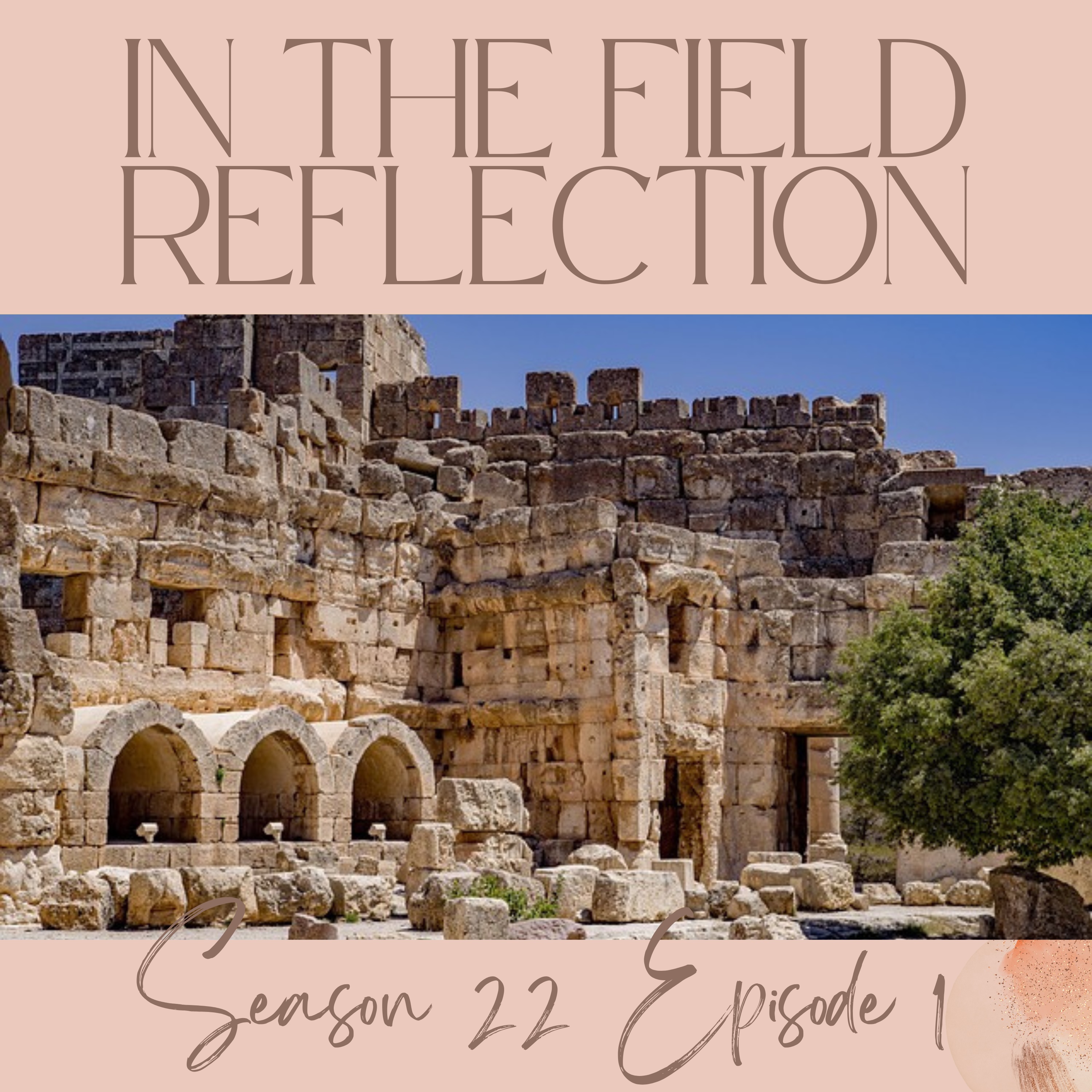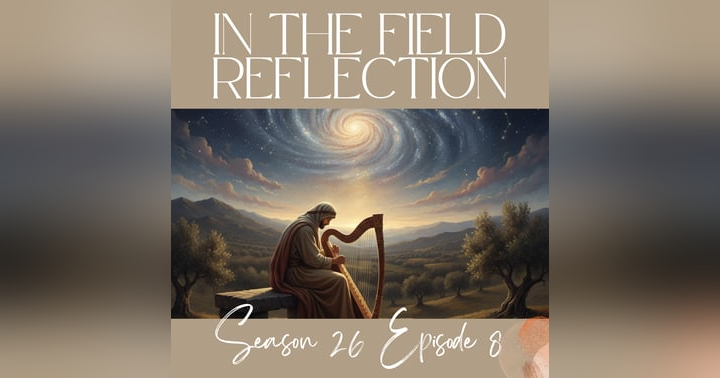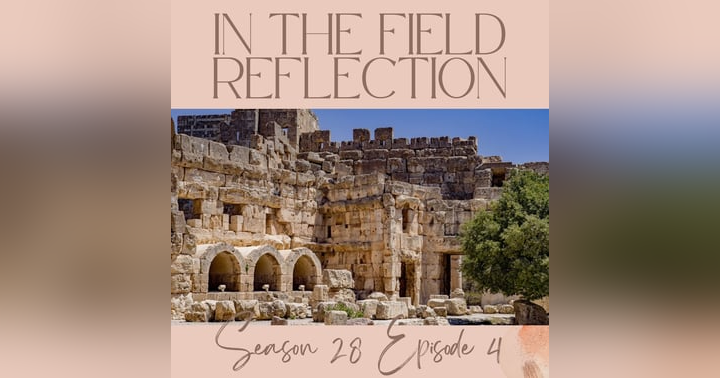Chained But Unleashed: Paul's Cosmic Declaration from Roman House Arrest

The juxtaposition couldn't be more striking: a man physically bound by Roman chains yet spiritually unleashed to proclaim the most profound cosmic truths ever written. This paradox sits at the heart of Paul's letter to the Colossians, a masterpiece of theological depth born during Roman house arrest that would ultimately outlast the empire that sought to silence its author.
The setting itself speaks volumes. Paul, under guard in a rented Roman house, dictates a letter to believers he has never met face-to-face. The constant clinking of chains provides a metallic percussion to words that declare ultimate freedom in Christ. This sensory detail helps us visualize the physical limitations under which this theological giant operated. Yet these very constraints become the canvas upon which God paints His most vivid portrait of Christ's supremacy. The rotating Praetorian guards, unwitting witnesses to history, find themselves exposed to theological discussions that challenge everything they've been taught about power, authority, and true freedom.
The Colossian church faced a serious threat. Not persecution from Roman authorities, but something potentially more damaging: false teaching that undermined the sufficiency of Christ. These teachers brought an intoxicating blend of Jewish legalism, Greek philosophy, and mystical experiences – promising special knowledge and spiritual enlightenment beyond the "simplicity" of the gospel. Their message suggested Christ was merely one spiritual being among many, that His work was incomplete, and that additional rituals, dietary restrictions, and mystical practices were needed for spiritual fulfillment. In essence, they claimed Christ was necessary but not sufficient.
Paul's response is nothing short of revolutionary. Rather than merely refuting specific false teachings point by point, he presents a cosmic Christ whose supremacy renders all competitors irrelevant. The language soars with poetic beauty yet carries philosophical precision: Christ is "the image of the invisible God," "the firstborn over all creation," the one in whom "all things hold together." Every phrase systematically dismantles competing claims while elevating Christ to His rightful position. This isn't merely religious rhetoric but a declaration of fundamental reality – the universe itself exists through and for Christ.
Perhaps most profound is Paul's revelation of the "mystery hidden for ages" – Christ in you, the hope of glory. This indwelling presence of Christ represents the ultimate answer to the false teachers' promise of secret knowledge. The greatest mystery isn't found through ascetic practices or angelic intermediaries but through direct relationship with Christ Himself. This truth, declared from chains, offers ultimate freedom.
The letter's journey from Roman house arrest to the Colossian valley represents another powerful metaphor. Carried by trusted messengers along dusty imperial roads, protected in leather pouches, this fragile papyrus document contained eternal truth that would eventually circle the globe. The words dictated under guard would outlast empires, speak into cultures Paul never imagined, and strengthen believers facing trials he never experienced. What began as pastoral counsel to a specific church became Scripture for all generations.
Today's readers of Colossians encounter the same fundamental choice the original recipients faced: Will Christ alone be sufficient? In our era of spiritual exploration, where ancient heresies reappear in modern packaging, Paul's chains still speak. They remind us that true freedom isn't found in unlimited options but in recognizing the One in whom all spiritual treasures are already hidden. The supremacy of Christ, proclaimed from Roman chains nearly two millennia ago, remains the foundation of authentic Christian faith today – not as dusty theology, but as living reality for all who embrace the mystery of "Christ in you, the hope of glory."



